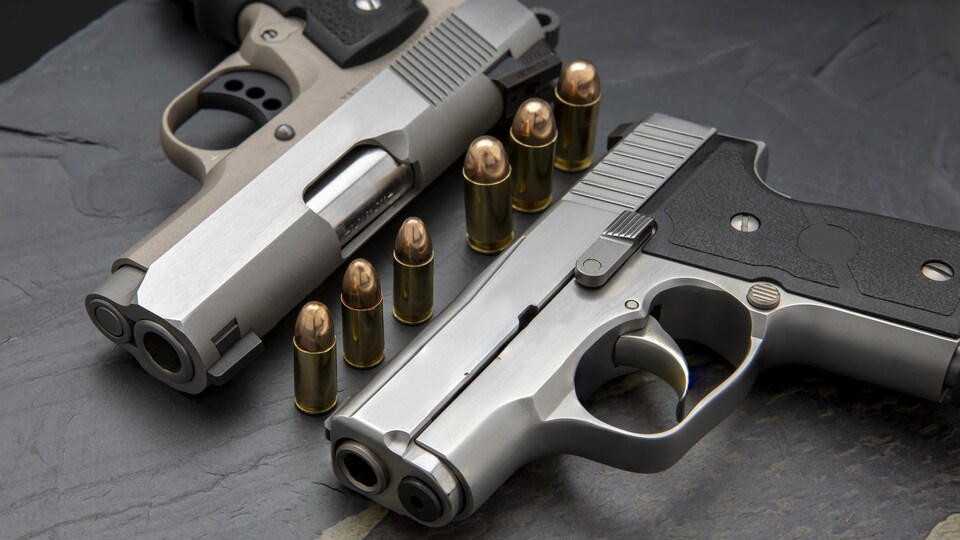The Trudeau government’s Bill C-21, which seeks, among other things, to introduce a “national freeze” on handguns to counter gun violence in the country, “misses the boat”, said retired Montreal Police Department detective sergeant André Gélinas.
This is absolutely nothing to change on the ground, simply because not the right people are targeted by this bill. hammer the former police officer, invited to comment on the show’s file Facts first.
Prime Minister Justin Trudeau revealed with great admiration this week, Bill C-21, once passed, should stop anyone in Canada buy, sell, transfer, or import handguns. People who already own a gun can still keep it.
For André Gélinas, this measure is unlikely to combat armed violence in Canada, since most weapons used for criminal purposes in Canada come from the American black market.
Last year, the Toronto Police Service estimated that 86% of guns seized were illegally obtained from the U.S. black market.
A figure considered conservative by the former detective sergeant. Probably more than that. […] I was told that it was very rare for us to find a gun from Canadaexplanation of one who still maintains contacts with police officers involved in the fight against arms trafficking.
Francis Langlois, professor of history who specializes in firearms at Cégep de Trois-Rivières and fellow member of the Raoul-Dandurand Chair, agrees.
He explained that most of the weapons in circulation in Canadian criminal networks come from American states like Georgia or Alabama where guns are very little regulated by law. Traffic comes from these states and follows major highways into the northeastern United States, a path expert named the Steel pipeline.
The circulation of these weapons in Canada is sometimes done through very structured networks such as the drug network, but also in a more improvisedsometimes hidden from knowledge of Canadians crossing the border.
Be that as it may, the expert is of that opinion the offer [d’armes à feu] is so overwhelming that there are always people willing to traffic it.
A political problem
If the Trudeau government says it wants to strengthen border surveillance, André Gélinas remains confused, if only because of Canada’s geographical location.
The United States is the cradle of arms production in the world, and some states have very liberal laws [en matière d’armes à feu].
” Ultimately, this problem, we can only control it as best we can, but we cannot stop it. “
However, he believes the authorities can do more on this part of the border to ensure better control.
He pointed to the reluctance of police to seize weapons in Akwesasne, an Indigenous territory that covers Quebec, Ontario and New York State.
The former police officer lamented the cry of indigenous leaders during the joint operation with their police forces.
This is no human land legal where the police do not interfere. […]. Politics is the problem. Every joint operation causes a scream. But Aboriginal people are the first victims of these criminal groups, he said.
Francis Langlois also overlooks the lack of cooperation between RCMP and provincial and aboriginal police force.
This is why he recommends that Ottawa create a squad aimed at ensuring better coordination between police forces to combat arms trafficking, such as Operation Centaur set up by the Quebec government.
André Gélinas believes for his part that the authorities should stop stripping the police forces to combat the problem, thus exacerbating the staff problem. The solution, in his view, is in creation permanent police unit follow the phenomenon of arms trafficking.
He criticizes the rhetoric and actions of the federal government which, in his view, are only reaction to the problem, often in the wake of public opinion.
Source: Radio-Canada
